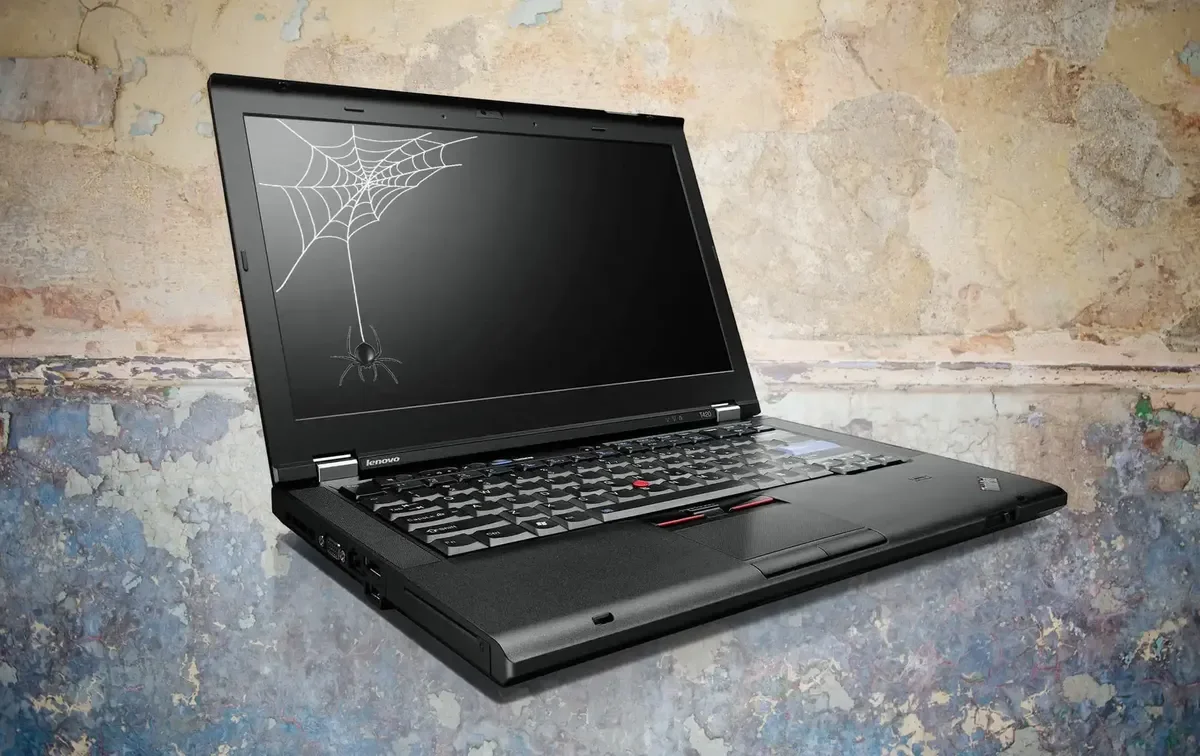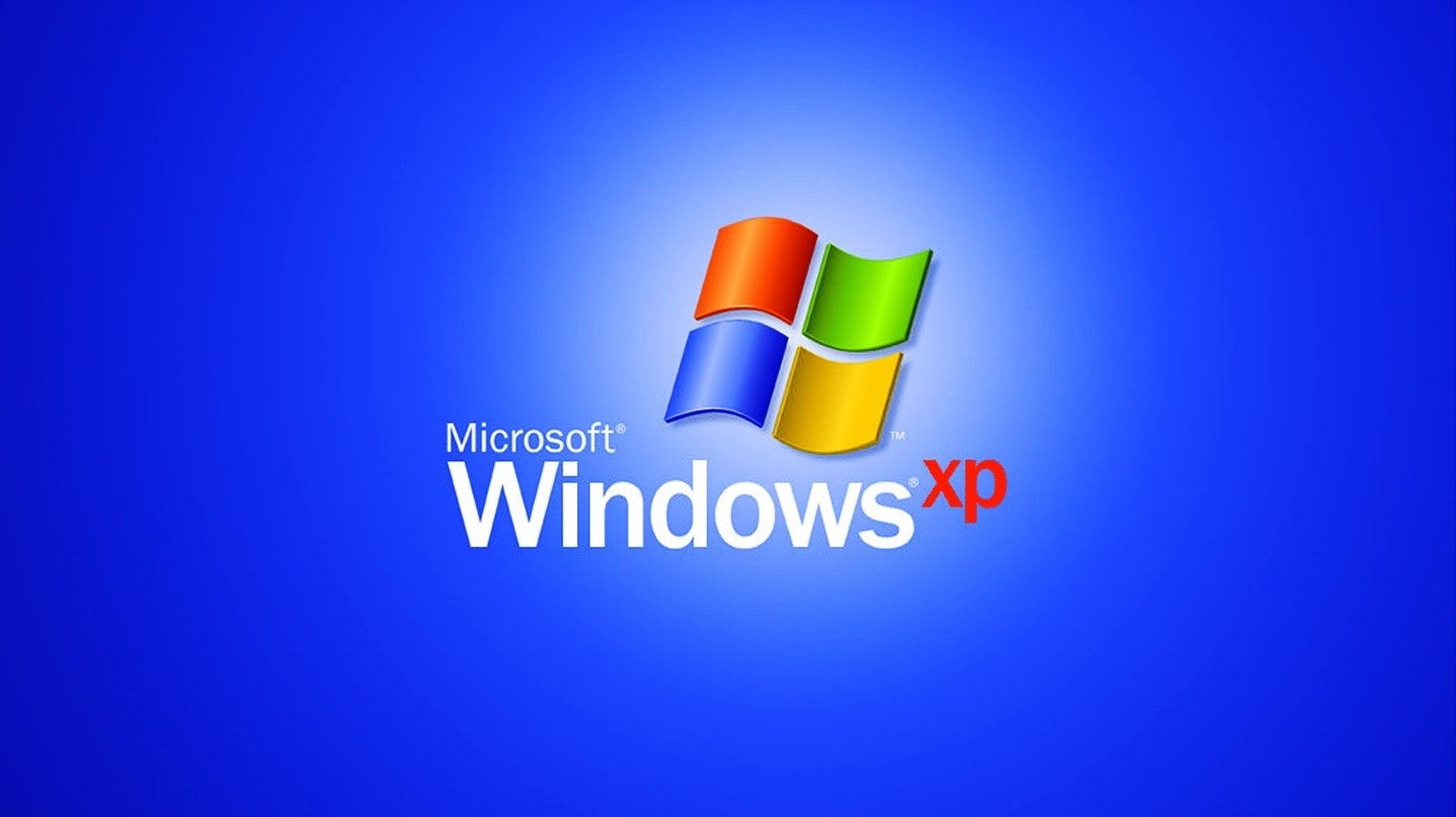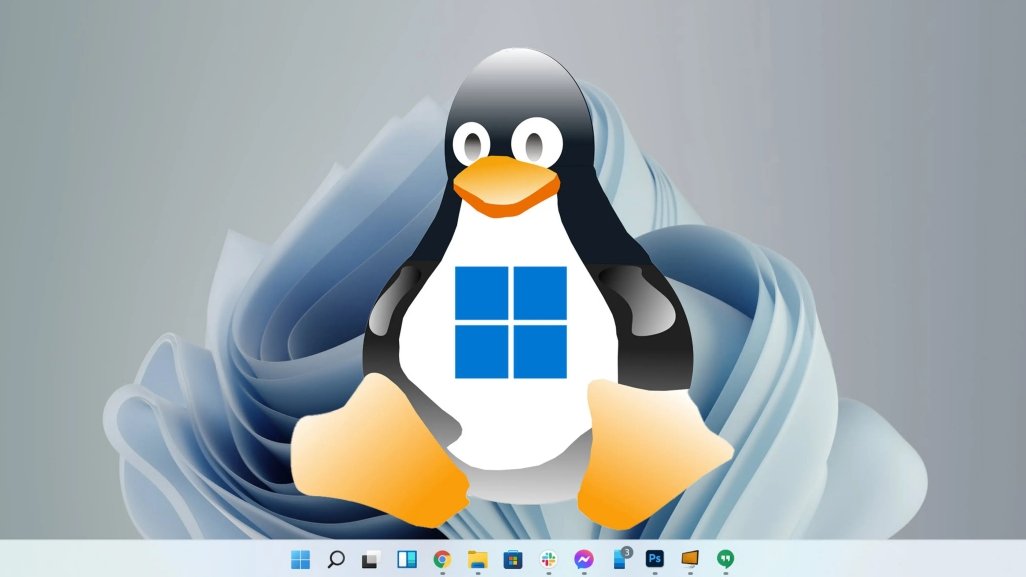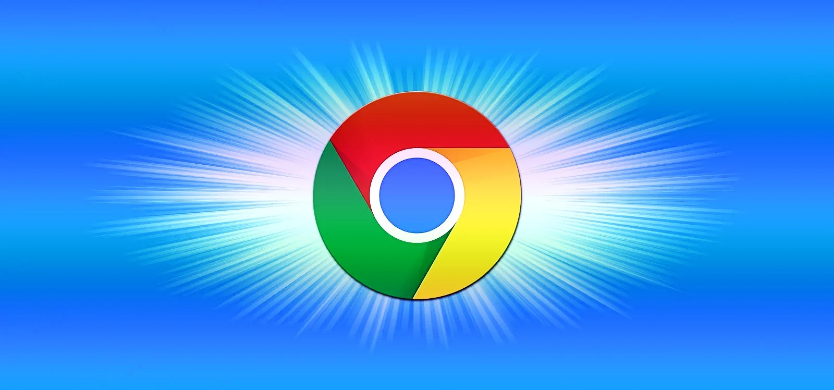To make use of an old computer, most users advise you not to put Windows but another lighter operating system. But is it really a good idea?

If the old one computer your is no longer satisfying you in speed and performance then you should find every possible way to make it faster.
The list of tips starts with clearing out the unnecessary data and it goes on by changing its disk with an SSD, which is reasonable and will indeed "bring your computer back to life".
The continuation of the list, however, scares most users. The advice is to leave Windows. Many people are used to Windows and are not sure about using a different operating system. But what is wrong with Windows and how would removing it help you?
Why Windows might not be a good idea

Windows is a great operating system. It's no wonder it's one of the most used operating systems in the world and it's what most of us have grown up with. In addition, the range of third-party applications and programs is the largest of all functional ones.
There is, however, one problem with Windows and that is resource consumption. This is not a problem for most modern computers, as they have huge reserves, ready to use. In another sense we would say that Windows resource usage is correct for all modern machines.
But why do we say it might be better to ditch Windows when you're reviving an old computer?
Because, as time goes by, Windows requirements increase. And if you have an older computer, you might have been able to use Windows back then, but that doesn't mean you can now.
Probably, you can, but it won't work well. Resource management will be especially problematic if you have very little RAM and your computer may feel too sluggish to do anything efficiently.
Windows 11, the latest version of Windows, requires at least a dual-core processor with 4GB of RAM. And even if you manage to meet the minimum requirements and use the OS, it won't be a good experience. You need at least 8GB of RAM to make it somewhat bearable, and we'd strongly advise users to consider bumping up to 12GB or 16GB of RAM. Likewise, using at least a quad-core CPU is the bare minimum if you want to do even one secretarial use.
But what if you don't meet these specifications? You could try the SSD trick, and while that might help a lot with the slowness, you'll still have a problem with inefficient specs.
You probably won't notice many problems when you first set up your PC, but once you've used it for a while and set up programs like Chrome, you'll start to notice its shortcomings.
What about older versions of Windows?

You could consider installing an old version of Windows as an option. You might be thinking that when you bought your PC in 2010, it was running Windows 7, so surely Windows 7 will be fine now, right?
Chances are, you still won't win much. It is not only the operating system that has changed in this time, but also the software you use, such as the Office, or Google Chrome which will likely try to use the same resources it currently uses on a modern OS.
Using legacy software is not an option, as these are all deprecated, have security holes, and ultimately don't do as much as the newer ones.
But the operating system has also been removed. Today only Windows 10 and Windows 11 are supported with continuous security updates. Anything older than that, such as Windows 7 and 8, have been deprecated, meaning Microsoft no longer brings updates.
So really, you don't have much choice. You can't use new Windows and older Windows is not a good idea. So what's next?
Just because Windows isn't a good idea doesn't mean you don't have options. You have options to control them, they're just not the ones you're used to.
First alternative a Linux distribution

If you haven't used Linux, it might be the good time to try it. The term “Linux”, rather than referring to a single operating system, is usually used to refer to a family of operating systems (usually open source), which exists in many different distributions. Some paid and some free.
The thing about Linux distributions is that there are too many and it gets confusing. Many Linux distributions are general-purpose, which are light on resources, some specialize in developers, others in hackers, and some they are designed specifically for low-resource computers, that is, for older computers.
You should check which distribution fits both to your machine and to you, so that it gives you the bare minimum you need from your old computer.
Second alternative a Chrome OS distribution

If you've ever seen a Chromebook and wondered how it can run so well with such low specs, it's because Chrome OS, and Chromium OS in general, is a great low-resource operating system.
Google has an official distribution of Chrome OS, called Chrome OS Flex, for such computers. It lacks Android app support and is generally pretty basic, but it's great if all you want to do is browse the web, check your email, etc.
Apart from that, you also have a bunch of operating systems based on Chromium OS similar to Linux.
Third alternative an operating system based on Android

Finally, Android also makes for a great low-resource operating system. Installing the same operating system that runs the phone on your computer might not exactly be the first thought that comes to mind when looking for Windows replacements.
But as it turns out, Android is an amazingly versatile operating system that can also make a great desktop operating system.
There are few though but well functional out there. Take a look at Android-x86 Project, PrimeOS, OpenThos.
There is life after Windows
Just because you can't use Windows doesn't mean a computer is ready to go in the trash. With another operating system and a little effort, you can bring it back to life and make it work better than ever.






Your article is extremely interesting. I also quote my own experience on this matter. I got my hands on an ancient Toshiba Tecra laptop from 2004 or 2005 with 1Gb of memory and a conventional hard drive and Windows XP and a dual core processor that they had to throw away. I upgrade the memory to 2.5Gb from some old DIMMS that I had and buy the cheapest SSD that currently costs around 12 euros. I then install 32bit Windows 10 which by the way doesn't need to be purchased (all it shows is a distinctive logo at the bottom and right and no ability to change the background theme).
After installing Windows 10, following instructions from one of the many websites for removing unnecessary services and startup applications and services, I carefully remove all these unnecessary ones and configure Windows for maximum performance in the graphical environment.
The result is I have a fighting computer for basic tasks (word processing, worksheets, small databases), surfing the internet and using youtube, facebook (which are relatively demanding sites) which does regular updates, so it's safe to say and accepts installation of modern 32-bit browsers (as long as they will definitely come out in 32-bit versions)